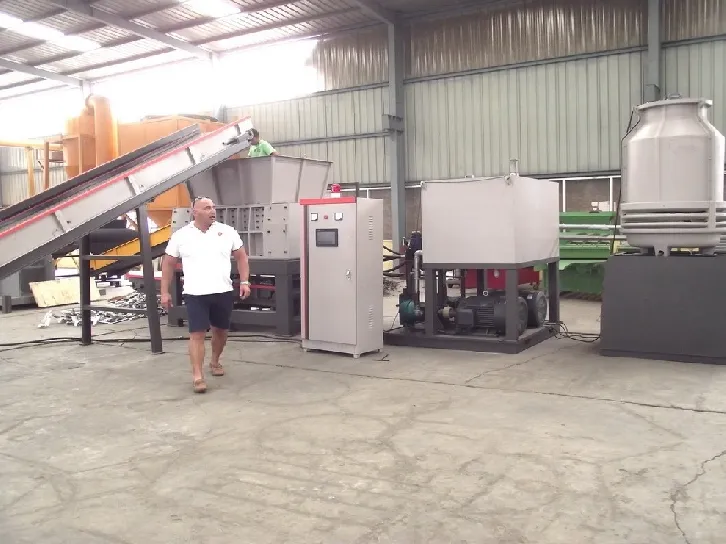

Aug . 13, 2024 07:12 Back to list
The Importance of Recycling E-Waste A Focus on the Electronic Recycling Bin
In today's technology-driven world, electronic devices have become an integral part of our daily lives. From smartphones and laptops to household appliances, the proliferation of gadgets has led to an increase in electronic waste, commonly known as e-waste. This rising problem poses significant environmental and health risks, making it imperative to find effective solutions to recycle and manage e-waste. One such solution is the electronic recycling bin, which serves as a crucial tool in promoting responsible e-waste disposal.
E-waste comprises a diverse range of products, including outdated computers, damaged televisions, and discarded mobile phones. The disposal of such items in regular waste streams can lead to severe environmental consequences. For instance, many electronic devices contain hazardous substances such as lead, mercury, and cadmium. When improperly disposed of, these toxic materials can leach into the soil and groundwater, posing health risks to humans and wildlife.
The Importance of Recycling E-Waste A Focus on the Electronic Recycling Bin
One of the primary benefits of electronic recycling bins is that they raise public awareness about the importance of recycling e-waste. Many individuals are often unaware of the proper methods for disposing of electronic devices. By placing recycling bins in accessible locations, communities can educate residents about the harmful effects of improper disposal and the benefits of recycling. Additionally, many recycling programs provide information about the specific items that can be placed in the bins, helping to guide consumers in their recycling efforts.

Another significant advantage of electronic recycling bins is that they facilitate the recovery of valuable materials from e-waste. Many electronic devices contain precious metals such as gold, silver, and copper, as well as other valuable components. Through the recycling process, these materials can be extracted and reused, reducing the need for mining and minimizing the environmental impact associated with resource extraction. By properly recycling e-waste, we can conserve natural resources and reduce our carbon footprint.
Furthermore, the establishment of electronic recycling bins contributes to the creation of a circular economy. In a circular economy, products are designed to be reused, repaired, and recycled, extending their lifecycle and minimizing waste. By promoting the recycling of electronic devices, we can shift towards a more sustainable model where valuable materials are retained within the economy rather than discarded.
However, it is essential to recognize that the effectiveness of electronic recycling bins relies on community participation. For these initiatives to succeed, individuals must take the initiative to dispose of their e-waste responsibly. Public education campaigns can play a vital role in encouraging residents to utilize these bins and understand the broader implications of e-waste disposal.
In conclusion, the rise of electronic waste poses significant environmental challenges that require immediate attention. Electronic recycling bins serve as an effective solution for promoting responsible e-waste disposal, raising public awareness, recovering valuable materials, and contributing to a sustainable circular economy. As technology continues to advance, it is crucial for individuals, communities, and governments to collaborate in ensuring that e-waste is managed responsibly. By taking advantage of electronic recycling bins and advocating for sustainable practices, we can work towards a cleaner and healthier planet for future generations.
Latest news
Troubleshooting Common Eddy Separator Problems
NewsJul.04,2025
The Role of Metal Recycling Plants in Circular Economy
NewsJul.04,2025
The Impact of Recycling Line Pickers on Waste Management Costs
NewsJul.04,2025
Safety Features Every Metal Shredder Should Have
NewsJul.04,2025
How Industrial Shredders Improve Waste Management Systems
NewsJul.04,2025
How Cable Granulators Contribute to Sustainable Recycling
NewsJul.04,2025